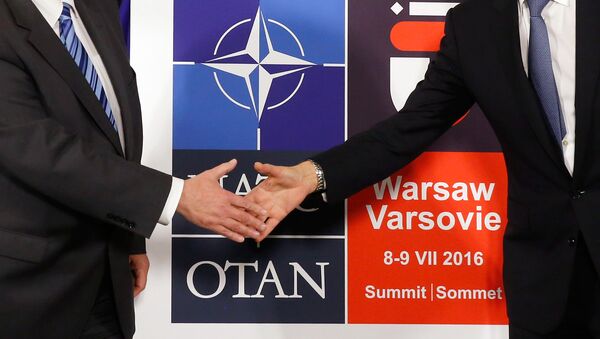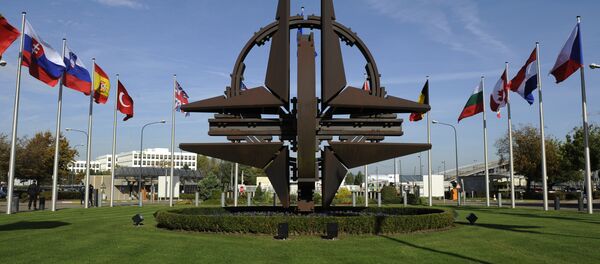The Warsaw NATO Summit 2016 will take place on July 8-9, where members of the alliance are set to discuss increasing military activities on NATO's eastern flank.
"I am afraid that these two events [the NATO summit in Warsaw and the World Youth Day in Krakow] will, in political terms, serve as propaganda for one camp, which will also use this as a smokescreen for continuing and deepening radical political methods, suppressing opposition and dismantling the democratic system and the rule of law," Komorowski said in an interview with the TVN24 broadcaster.
"This is a political relapse. First time, the world thought 'it happens.' But now, unfortunately, the opinion on Poland is that 'it happens' regularly," he added, referring to the first PiS term in power between 2005 and 2007.
Last October, the right-wing PiS defeated Civic Platform in a parliamentary election and returned to power after losing majority in 2007. Since then, Poland has faced a barrage of criticism over a number of controversial laws. In January, Duda signed a decree giving his government power to appoint the heads of public television and radio, triggering widespread opposition from EU leaders and freedom of the press advocates.
In late December 2015, Duda enacted a reform stipulating that 13 out of the country's 15 constitutional tribunal judges must be present at the most important court cases instead of nine as had previously been the case. Critics believe that the reform will enable the ruling Law and Justice party to influence the tribunal's decisions.





